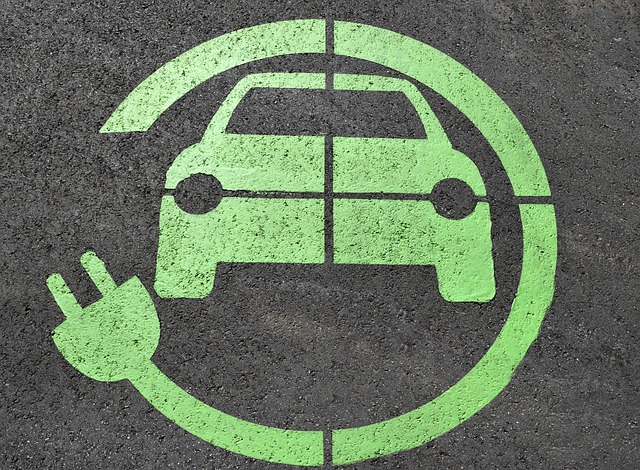Natron Energy said that the California Energy Commission (CEC) awarded it a $3 million grant for “Advanced Energy Storage for Electric Vehicle Charging Support.” Natron will use the money to manufacture and install a high powered, long cycle life energy storage system at an EV Fast Charging station.
Natron manufactures energy storage solutions using Prussian blue chemistry, which it says is more cost-effective and durable than the prevalent battery chemistry of Lithium-ion.
Natron said the project will result in a cost-competitive, at-scale alternative to Li-ion batteries, and offer superior performance for the high-power/short-duration dispatch and long cycle life requirements of the EV Fast Charging market.
Natron’s patented technology uses Prussian Blue pigment, which stores and releases energy in the form of sodium ions, it said. Unlike electrode materials found in most Lithium-ion batteries, Prussian blue is widely available and has a lower cost, said the company.
Meeting California’s goal of 5 million EVs by 2030 and electrifying rideshare (SB 1014) will require a dramatic acceleration in the deployment of EV charging infrastructure, particularly workplace and EV Fast Charging stations.
“The Energy Commission’s EPIC research program accelerates innovative technologies to drive the scale of change needed to address the serious impacts of climate change,” said California Energy Commission vice chair Janea Scott. “Projects like Natron Energy’s sodium-ion battery system, which pairs energy storage with electric vehicle infrastructure, can help smartly integrate vehicles with no tailpipe pollution into the electric grid.”
The system will be installed on the University of California San Diego’s campus. UCSD is a national leader in microgrid and EV Fast Charging installations.





